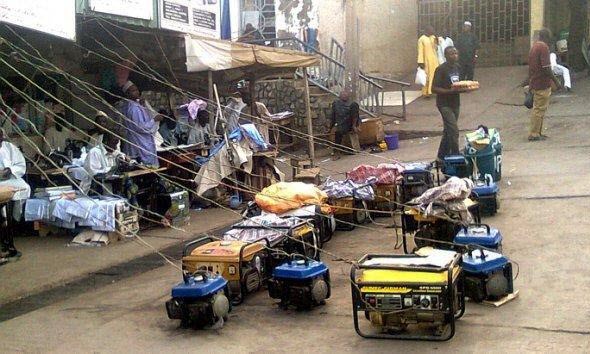There are no products in your shopping cart.
| 0 Items | £0.00 |

 NIGERIA'S senators have rejected a private members bill calling for a five year ban on the importation of generator sets in a bid to combat the menace of incessant noise pollution and the devastation of the environment.
NIGERIA'S senators have rejected a private members bill calling for a five year ban on the importation of generator sets in a bid to combat the menace of incessant noise pollution and the devastation of the environment.
Annually, Nigerians spend an average of N1.6trn ($4.38bn) importing electricity generators as a result of the country's chronic power supply deficit that has resulted in the populace having to generate their own energy. Currently, Nigeria is believed to only generate 7,000MW of electricity, of which only about 4,000MW is distributable and only about 40% of the population is connected to the national grid.
Nationwide, power supply difficulties are experienced around 60% of the time, with residents only getting electricity for about four hours a day in most parts of the country, while blackouts that last for days are not uncommon. As a result, everyone has a private generator but this creates a lot of pollution and the noise can be deafening, particularly in the big cities like Lagos, Ibadan, Enugu, Kano, Kaduna, Benin and Port Harcourt.
To address the problem, Senator Francis Fadahunsi proposed a five-year temporary ban on the importation of generators in Nigeria. During a debate on a motion sponsored by Senator Chukwuka Utazi, on the need to address Nigeria’s power problems, Senator Fadahunsi urged the senate to include in its prayers, the ban on the importation of generators for five years but his colleagues rejected his proposal.
His suggestion was voted down by fellow senators when the senate president, Senator Ahmad Lawan subjected it to a voice vote. After rejecting it, the senate, however, mandated its committee on power to investigate the activities of generating and distribution companies with a view to unravelling the causes of unsteady power supply in Nigeria.